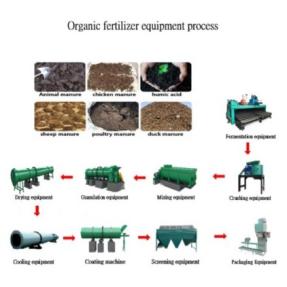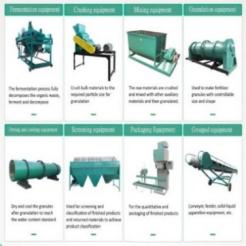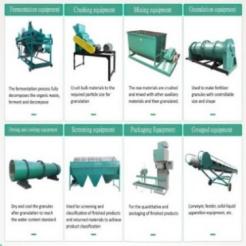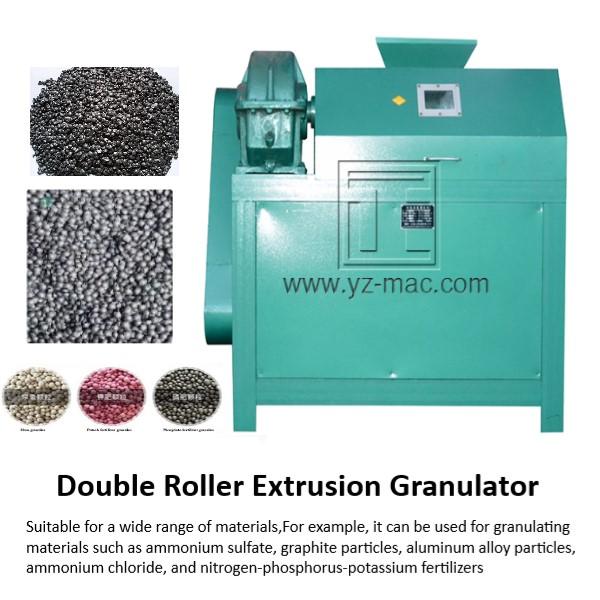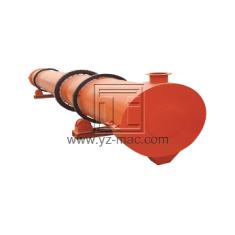Composting machine price
Types of Composting Machines:
In-Vessel Composting Machines:
In-vessel composting machines are designed to compost organic waste within enclosed containers or chambers. These machines offer controlled environments with regulated temperature, moisture, and aeration. They are ideal for large-scale operations, such as municipal composting facilities or commercial composting sites. In-vessel composting machines are available in various sizes, from small-scale systems for community composting to large industrial units.
Tumbler Composting Machines:
Tumbler composting machines consist of rotating drums or chambers that facilitate the mixing and aeration of organic waste. These machines are suitable for both residential and small-scale commercial composting. Tumbler composters offer ease of use and efficient composting, allowing for frequent turning and better oxygenation of the composting materials.
Applications of Composting Machines:
Community and Municipal Composting:
Composting machines are widely employed in community composting initiatives and municipal waste management programs. These machines help divert organic waste from landfills, reducing the environmental impact and producing compost that can be utilized for local landscaping projects, community gardens, or agricultural activities.
Commercial and Industrial Composting:
Large-scale composting machines are designed for commercial and industrial applications. They are used in facilities that handle substantial volumes of organic waste, such as restaurants, hotels, food processing plants, and agricultural operations. These machines ensure efficient and controlled composting processes, allowing businesses to manage their organic waste effectively.
Factors Affecting Composting Machine Prices:
Size and Capacity:
The size and capacity of the composting machine significantly influence its price. Larger machines capable of processing higher volumes of organic waste generally have higher price tags.
Technology and Features:
Composting machines with advanced technology, automation, and additional features such as temperature control systems or odor management mechanisms tend to be priced higher than basic models.
Durability and Build Quality:
The quality of materials used and the durability of the composting machine can impact its price. Machines built with sturdy components and designed for long-term use may have higher upfront costs but offer greater longevity and reliability.
Brand and Manufacturer:
The reputation and brand value of the manufacturer can influence the pricing of composting machines. Established brands with a track record of quality and customer satisfaction may have higher prices compared to lesser-known manufacturers.



